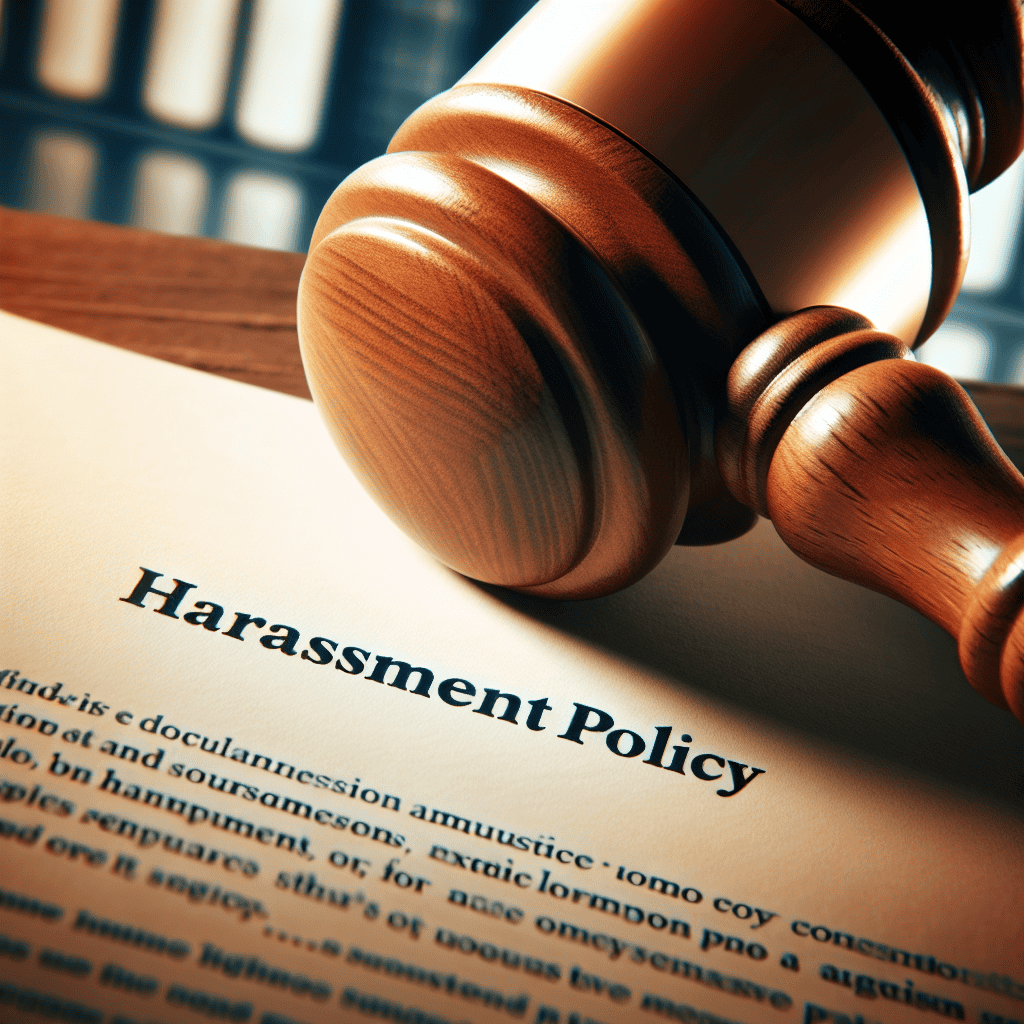A recent public consultation in Nadi regarding the proposed amendments to the Employment Relations Act 2007 (ERA) and WorkCare Bill 2024 has generated considerable discussion, particularly concerning the increase in fines for sexual harassment and related offenses. The consultation, held at the Tanoa International Hotel, attracted a diverse group of attendees, including workers, employers, trade union representatives, and various relevant stakeholders, all eager to provide feedback on the proposed changes.
Facilitated by Minister Agni Deo Singh and Acting Permanent Secretary Atish Kumar, the consultation aimed to gather input on how to better align Fiji’s labor laws with international standards, specifically the conventions of the International Labour Organisation (ILO) that the country has ratified. Kumar highlighted key proposed amendments, emphasizing a significant revision of the penalties related to harassment offenses. Under the new proposals, fines for individual perpetrators of sexual harassment could reach $50,000, while companies could face fines up to $200,000. Moreover, fines for other forms of harassment could go up to $40,000 for individuals and also up to $200,000 for corporations, alongside the possibility of three years imprisonment in serious cases.
This review is part of a broader initiative to refine the ERA with input from various stakeholders, including independent ILO consultants who have been working on a detailed matrix outlining the proposed changes. The ongoing process serves as an opportunity for stakeholders to engage constructively and ensure the new regulations effectively enhance workplace protection while balancing the interests of employers and economic growth.
Concerns have been raised, particularly by organizations like the Fiji Commerce and Employers Federation (FCEF) and the Fiji Hotel and Tourism Association (FHTA), regarding the potential harsh impact of these penalties on micro, small, and medium enterprises (MSMEs), which represent over 60% of employers in Fiji. They seek an approach that not only protects workers’ rights but also maintains operational viability for businesses. They argue for a balanced perspective where unlawful behavior is penalized adequately, but the economic sustainability of smaller businesses is not compromised.
This dialogue represents an encouraging step toward enhancing workplace safety and accountability in Fiji. By continuing to engage in open discussions that reflect the perspectives of all stakeholders involved, there is potential for reforms that effectively protect workers while fostering a healthy business environment conducive to economic growth.

Leave a comment